Bibliotherapy
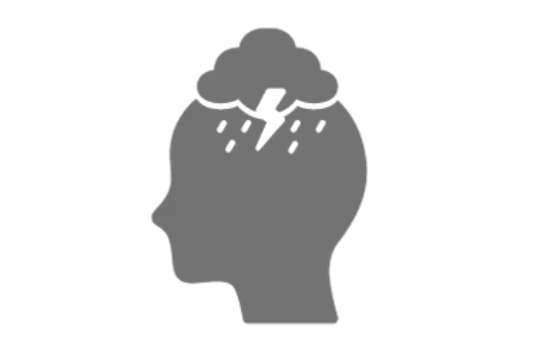
Anxiety
The Highly Sensitive Person by Elaine Aron
“We are a package deal, however. Our trait of sensitivity means we will also be cautious, inward, needing extra time alone. Because people without the trait (the majority) do not understand that, they see us as timid, shy, weak, or that greatest sin of all, unsociable. Fearing these labels, we try to be like others. But that leads to our becoming overaroused and distressed. Then that gets us labeled neurotic or crazy, first by others and then by ourselves.”
― Elaine N. Aron, The Highly Sensitive Person
Dialectical Behavior Therapy Workbook by Lawson How to be Yourself by Hendriksen
No Bad Parts by Richard Schwartz
“Well-known neuropsychiatrist Dan Siegel has emphasized the importance of such integration in healing and has described IFS as a good way to achieve that. He writes, “Health comes from integration. It's that simple, and that important. A system that is integrated is in a flow of harmony. Just as in a choir, with each singer's voice both differentiated from the other singers' voices but also linked, harmony emerges with integration. What is important to note is that this linkage does not remove the differences, as in the notion of blending: instead it maintains these unique contributions as it links them together. Integration is more like a fruit salad than a smoothie.”5 This, again, is one of the basic goals of IFS. Each part is honored for its unique qualities while also working in harmony with all the others.”

Break Ups
How to Fix a Broken Heart by Guy Winch
“Creating mysteries and conspiracies where none exist is a common response to romantic breakups. Our mind unconsciously assumes that if the emotional pain we feel is so dramatic, it must have an equally dramatic cause, even when it does not.”
― Guy Winch, How to Fix a Broken Heart
Coming Apart by Daphne Kingma
“Relationships are living things—they require tending. Like plants, they flourish when they are cared for. Our ended relationships remind us of how much nurturing was withheld, how many resentments piled up, how much communication never occurred, how many needs went unfulfilled. They challenge us to see how we were lazy last time and what we must do differently in order to cultivate our next relationship.”
― Daphne Rose Kingma, Coming Apart: Why Relationships End and How to Live Through the Ending of Yours
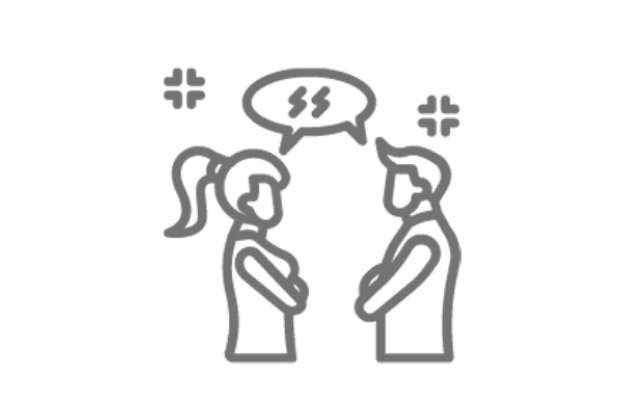
Relationships
Attached by Rachel Heller
“Most people are only as needy as their unmet needs.”
― Amir Levine, Attached: The New Science of Adult Attachment and How It Can Help You Find—and Keep—Love
Facing Codependency by Pia Mellody
“Recovery from codependence is a lot like a growing up process – we must learn to do the things our dysfunctional parents did not teach us to do: appropriately esteem ourselves, set functional boundaries, be aware of and acknowledge our reality, take care of our adult needs and wants, and experience our reality moderately.”
― Pia Mellody, Facing Codependence: What It Is, Where It Comes from, How It Sabotages Our Lives
Boundaries by Townsend and Cloud
“When we begin to set boundaries with people we love, a really hard thing happens: they hurt. They may feel a hole where you used to plug up their aloneness, their disorganization, or their financial irresponsibility. Whatever it is, they will feel a loss. If you love them, this will be difficult for you to watch. But, when you are dealing with someone who is hurting, remember that your boundaries are both necessary for you and helpful for them. If you have been enabling them to be irresponsible, your limit setting may nudge them toward responsibility.”
― Henry Cloud, Boundaries: When To Say Yes, How to Say No
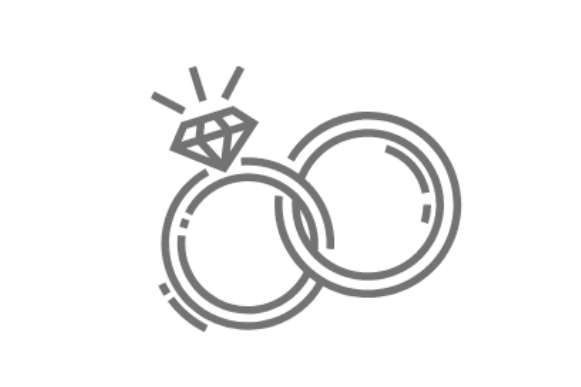
Marital & Premarital
7 Principles of Marriage by Gottman
“But in their day-to-day lives, they have hit upon a dynamic that keeps their negative thoughts and feelings about each other (which all couples have) from overwhelming their positive ones. They have what I call an emotionally intelligent marriage.”
― John M. Gottman, The Seven Principles for Making Marriage Work
Hold Me Tight by Sue Johnson
“If I appeal to you for emotional connection and you respond intellectually to a problem, rather than directly to me, on an attachment level I will experience that as “no response.” This is one of the reasons that the research on social support uniformly states that people want “indirect” support, that is, emotional confirmation and caring from their partners, rather than advice.”
― Sue Johnson, Hold Me Tight: Your Guide to the Most Successful Approach to Building Loving Relationships
Mating in Captivity by Esther Perel
“In our consumer culture, we always want the next best thing: the latest, the newest, the youngest. Failing that, we at least want more: more intensity, more variety, more stimulation. We seek instant gratification and are increasingly intolerant of any frustration. Nowhere are we encouraged to be satisfied with what we have, to think, “this is good. This is enough.”
― Esther Perel, Mating in Captivity: Reconciling the Erotic and the Domestic
The State of Affairs by Esther Perel
“The “symptom” theory goes as follows: An affair simply alerts us to a preexisting condition, either a troubled relationship or a troubled person.”
― Esther Perel, The State of Affairs: Rethinking Infidelity

Trauma
It didn't start with you by Mark Wolynn
“The emotions, traits, and behaviors we reject in our parents will likely live on in us. It's our unconscious way of loving them, a way to bring them back into our lives.”
― Mark Wolynn, It Didn't Start with You: How Inherited Family Trauma Shapes Who We Are and How to End the Cycle
The Body Keeps Score by Bessel van der Kolk
“As long as you keep secrets and suppress information, you are fundamentally at war with yourself…The critical issue is allowing yourself to know what you know. That takes an enormous amount of courage.”
― Bessel A. van der Kolk, The Body Keeps the Score: Brain, Mind, and Body in the Healing of Trauma
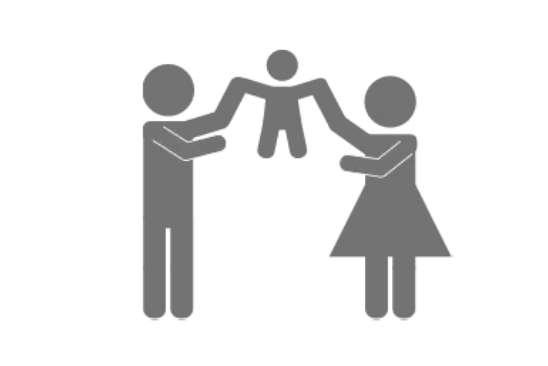
Parenting
The Whole-Brain Child by Dan Siegel
“As children develop, their brains “mirror” their parent's brain. In other words, the parent's own growth and development, or lack of those, impact the child's brain. As parents become more aware and emotionally healthy, their children reap the rewards and move toward health as well.”
― Daniel J. Siegel, The Whole-Brain Child
Parenting from the Inside Out by Dan Siegel
“Creating stories through play, and presumably through our dreams, may be ways in which the mind attempts to “make sense” of our experiences and consolidate this understanding into a picture of our selves in the world.”
― Daniel J. Siegel, Parenting from the Inside Out: How a Deeper Self-Understanding Can Help You Raise Children Who Thrive
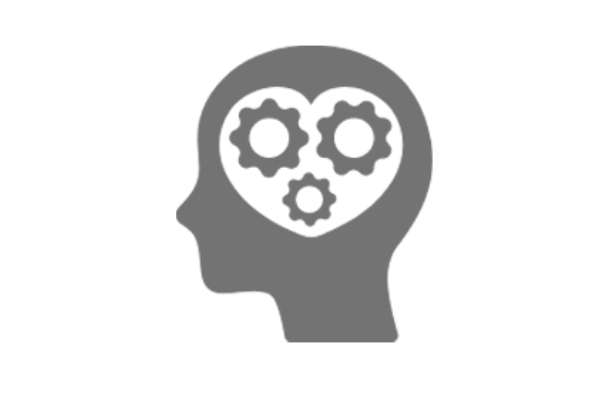
OCD
Brain Lock by Schwartz and Beyette
“Having OCD has made me a more intense, sensitive, and compassionate human being. I have been humbled by my disorder. It has built character even while tearing at my soul, my heart, and my self-esteem. It has enabled me to fight harder, to strive for the good and the truth inside me. It has made me less critical and judgmental of others who suffer in their lives.”
― Jeffrey M. Schwartz, Brain Lock: Free Yourself from Obsessive-Compulsive Behavior

